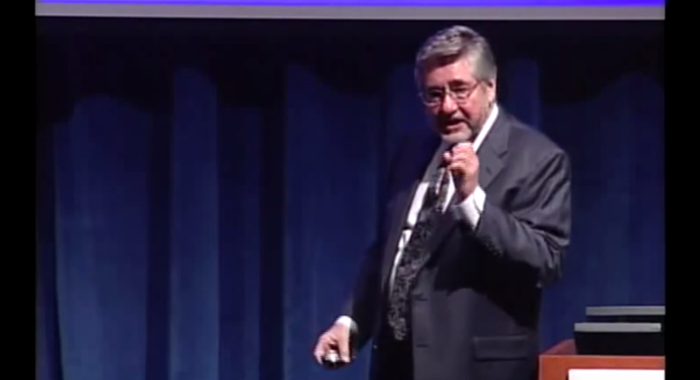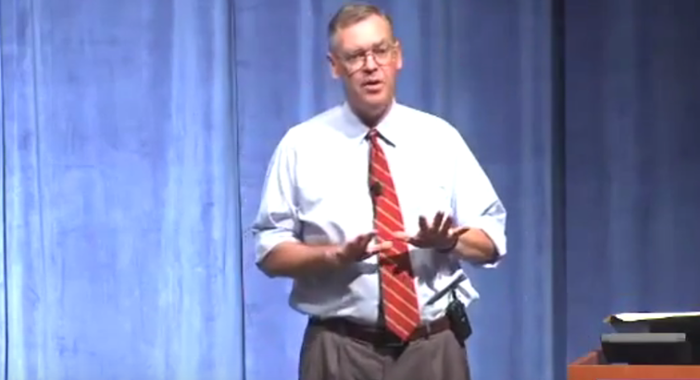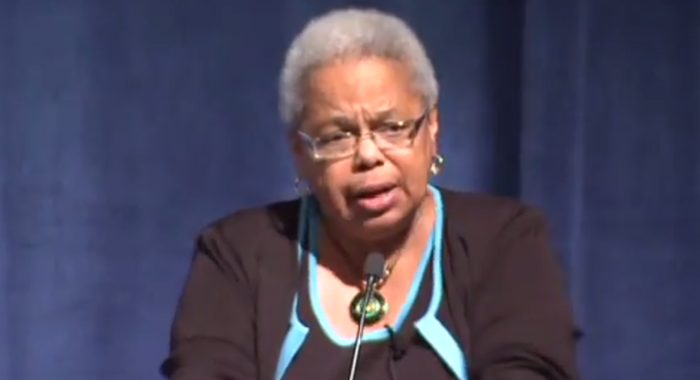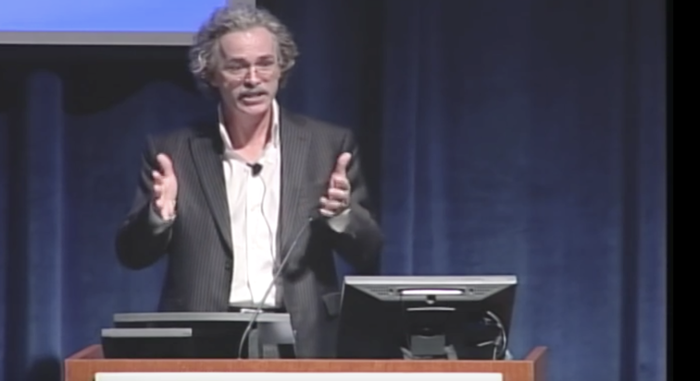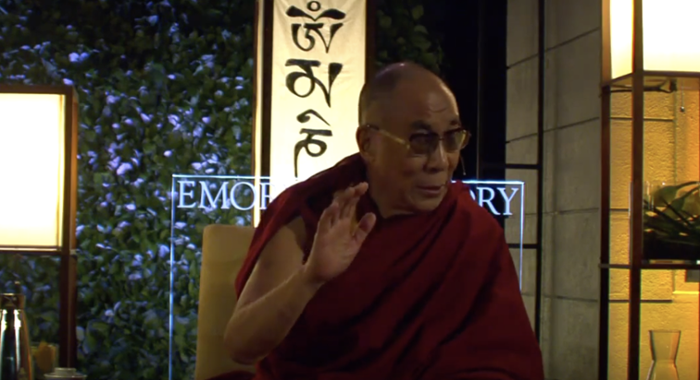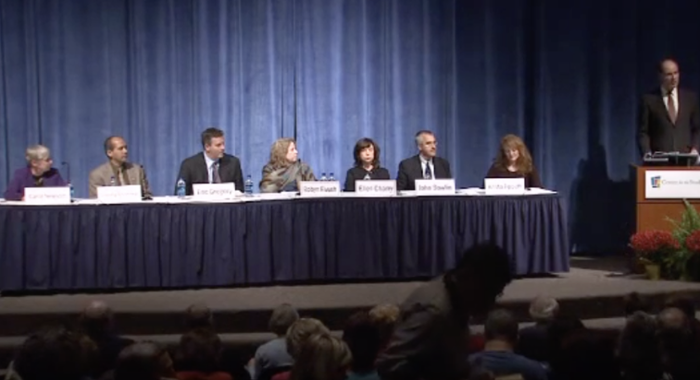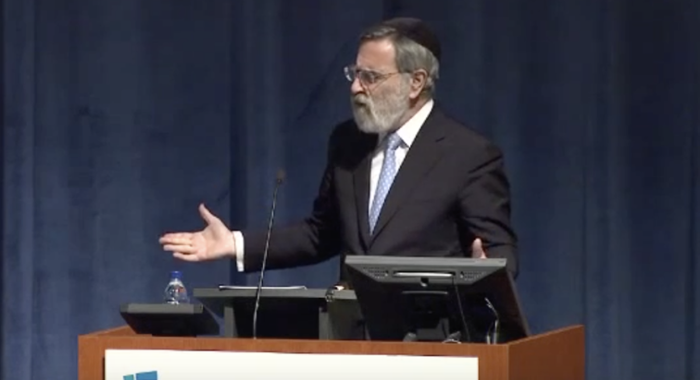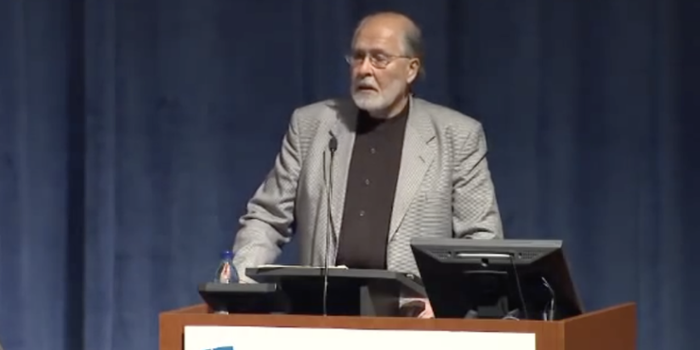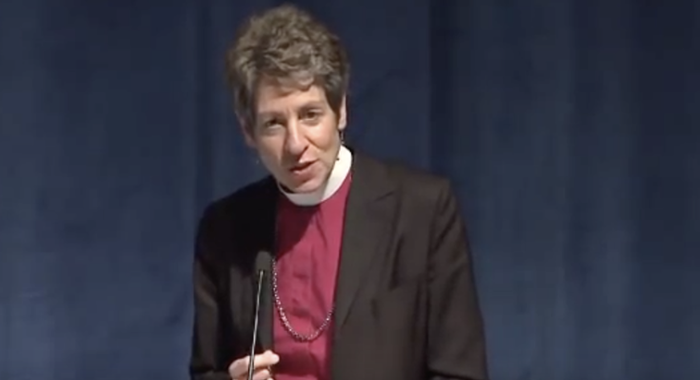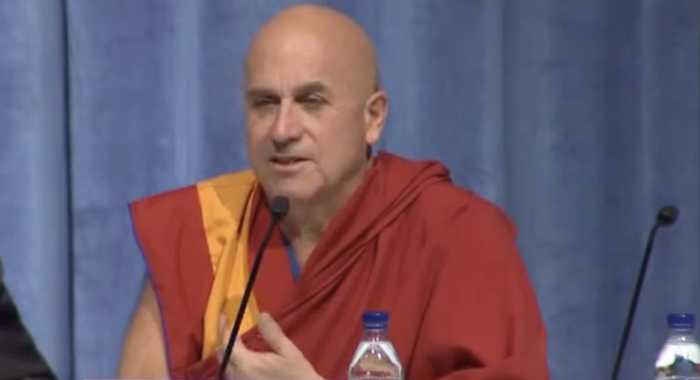The Pursuit of Happiness
Most famously formulated in the American Declaration of Independence, "the pursuit of happiness" theme is an ancient and enduring Western ideal grounded in various Hebrew, Greco-Roman, Christian, and Enlightenment sources. Recent developments in positive psychology have brought the idea of happiness back to public attention with a flurry of books and undergraduate courses. By putting religion and science in conversation, and by focusing on the relation between altruistic love and happiness, our project will retrieve some of the rich traditional teachings captured in this ideal and reconstruct them for our day in light of the new findings of the human and social sciences and of the new liberties of constitutional democracies.
Sponsors: John Templeton Foundation and the Institute for Research on Unlimited Love
Director: Philip L. Reynolds
Senior advisors: Timothy P. Jackson, Michael J. Perry, Stephen G. Post, and John Witte, Jr.
Projects
This project pursued two distinct inquiries: first, a comparative analysis of the beatitudes in the gospels of Matthew and Luke; and, second, a collaborative empirical study (with Edward and Linda Craighead) of the attitude toward compassionate love among contemporary evangelical Christians.
Director: Carl R. Holladay
Virtues such as forgiveness, gratitude, and self-control are instrumental to what constitutes the "good life" in many religious worldviews. Empirical research on these topics is growing within the social and life sciences, but this research is not always interpreted in forms that can most effectively lead to a broader cultural understanding of these virtues and of their real-world implications. This project focuses on forgiveness and revenge, situating the existing scientific knowledge on these topics in an evolutionary perspective. The project also brings evolutionary thinking to bear on grateful emotion and on the role of religion in the production of self-control.
Project director: Michael E. McCullough
Although all cultures envision human flourishing as an ideal condition, some emphasize the means of achieving it, whereas others emphasize the impediments. Israelite and early Jewish culture was particularly preoccupied with the impediments. Was there an early human blunder that prevented flourishing? Perhaps creation itself was structured to promote flourishing, but if so, was there some "original obtuseness" that impeded one's attunement to the cosmic order? Or was flourishing impossible now because of an ancient cosmic malice that could be overcome only in an eschatological future? This project examines these ideas in ancient Israel and emergent Judaism.
Director: Carol A. Newsom
This project examines doing "unto others" and the emotional depths of neighbor-love in relation to the happiness, prosperity, health, and spiritual development of the giver. The project defines love as the affective state in which the happiness and security of another person means as much as the happiness and security of self. It draws on science, philosophy, and theology to highlight the errors of dichotomous thinking (e.g., between agape and eros, and between egoism and altruism). It shows that in helping others we inevitably help ourselves as well.
Director: Stephen G. Post
Evolutionary biology illuminates and challenges our understanding of virtue and well-being. It raises questions about the origin and nature of ethical norms and other-regarding commitments, and, on a deeper level, about the very notion of human flourishing in a Darwinian context. Evolutionary theorists debate whether self-giving love and its moral norms are imposed culturally upon an otherwise recalcitrant biological substrate, or instead are the fulfillment of a genuinely other-regarding organismal telos. Using ideas from game theory and hierarchical selection to move beyond this false dichotomy, this project explains other-regard as the internalization of moral norms that both fulfill and transform human being.
Director: Jeffrey P. Schloss
Given the widespread harm of interpersonal offenses at individual, group, and societal levels, a sustained focus on forgiveness and restorative justice holds promise for equipping people to flourish in the face of pain. This project examines the intersections of forgiveness, gratitude, repentance, and restorative justice with happiness and flourishing. It investigates how forgiveness as unselfish love is related to well-being in ways that take seriously the relationships of science and theology. The scientific approach is to integrate physiological, behavioral, linguistic, and self-report assessments to give a broad understanding of the human experience of forgiveness and flourishing.
Director: Charlotte vanOyen Witvliet
Publications
An Adaptation for Altruism? The Social Causes, Social Effects, and Social Evolution of Gratitude, Current Directions in Psychological Science, Vol. 17, No. 4 (2008) 281-285, Michael E. McCullough, M.B. Kimeldorf, A. Cohen
Beyond Revenge: The Evolution of the Forgiveness Instinct (Jossey-Bass, 2008), Michael E. McCullough
The Bible and the Pursuit of Happiness (Oxford University Press, 2012), Brent A. Strawn
Called to Happiness: Where Faith and Psychology Meet (Orbis Books, 2011), Sidney Callahan
Counting Virtues: The Difference that Transcendence Makes (Oxford University Press), John R. Bowlin
God and the Art of Happiness (William B. Eerdmans Publishing Company, 2010), Ellen T. Charry
The Hidden Gifts of Helping (Jossey-Bass, 2011), Stephen G. Post
Intelligent Virtue (Oxford University Press, 2011), Julia E. Annas
Religion and Human Rights: An Introduction (Oxford University Press, 2011), M. Christian Green, John Witte, Jr.
Compassion-focused Reappraisal, Benefit-focused Reappraisal, and Rumination after an Interpersonal Offense: Emotion Regulation Implications for Subjective Emotion, Linguistic Responses, and Physiology, Journal of Positive Psychology, Vol. 5 (2010): 226-242, Charlotte vanOyen Witvliet
Feeling Good and Functioning Well: Distinctive Concepts in Ancient Philosophy and Contemporary Science, Journal of Positive Psychology, Vol. 4, No. 3 (2009): 197-201, Corey L.M. Keyes, Julia E. Annas
Forgiveness, Health, and Well being: A Review of Evidence for Emotional Versus Decisional Forgiveness, Dispositional Forgivingness, and Reduced Unforgiveness, Journal of Behavioral Medicine, Vol. 30, No. 4 (2007): 291-302, Charlotte vanOyen Witvliet, E.L. Worthington, Jr., P. Pietrini, and A.J. Lerner
Forgiveness in Health Research and Medical Practice, EXPLORE: The Journal of Science and Healing, Vol. 1 (2005): 169-175, Charlotte vanOyen Witvliet
Happiness Examined: What Can the Social Sciences Tell Us About the Good Life?, America: The National Catholic Weekly, Vol. 200, No. 6 (2009), Sidney Callahan
Humanism, Posthumanism, and Compassionate Love, Technology in Society, Vol. 32 (2010): 1-5, Stephen G. Post
Parents' and Children's Religiosity and Child Behavioral Adjustment Among Maltreated and Non-Maltreated Children, Journal of Child and Family Studies, Michael E. McCullough, J. Kim, D. Cichetti
Religion, Self-Regulation, and Self-Control: Associations, Explanations, and Implications, Psychological Bulletin, Vol. 135, No. 1 (2009): 69-93, Michael E. McCullough, B.L.B. Willoughby
Working with Reactant Patients: Are We Prescribing Nonadherence?, Depression and Anxiety, Vol. 26, No. 2 (2009): E40-208, W. Edward Craighead, J.W. Madsen, J.R. McQuaid


